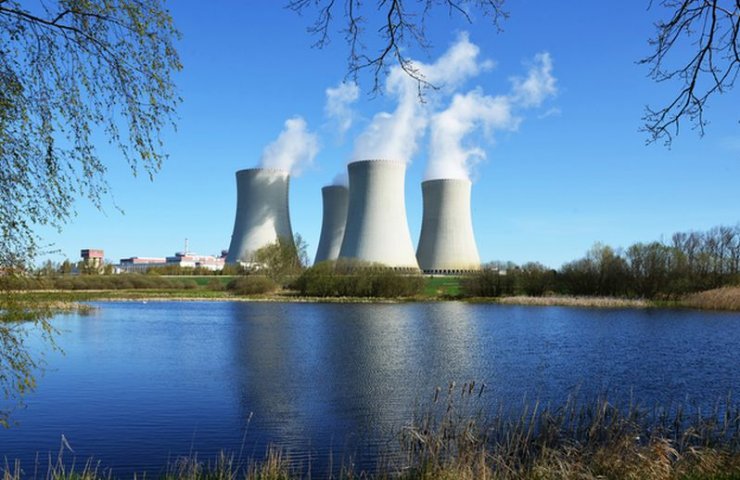the Minister of the environment of Japan Shinjiro Koizumi in an interview with the Financial Times, reiterated its commitment to the significant reduction of coal use to combat greenhouse gas emissions and climate change. Under the new energy policy of Japan, the government will reduce funding of projects for the extraction and use of coal in South-East Asia to stimulate the transition region to cleaner energy sources.
Mr. Koizumi said that his government will not completely abandon the export of turbines operating on coal, but support for such projects will gradually come to naught.
"To the present time the attitude of the Japanese authorities to such projects was this: "If we can sell it, we sell it". But now everything has changed. Support for such projects to be will not be," he said.
Previously, the government of Japan has provided large concessional loans to build coal plants in India, Vietnam and Indonesia, which supplied the equipment of such Japanese companies as Mitsubishi Heavy Industries, Hitachi and Toshiba. However, this policy was criticized by environmentalists, who claimed that Japan actually encourages the fast-growing Asian countries to actively use coal and pollute the environment. Now, Japan promises to export only the most modern and energy efficient generators, and only if the importing country has developed a strategy to reduce carbon emissions.
Previously coalsalesthat Japan by 2030, intends to close 110 of its 140 coal-fired power plants that will hit the traditional suppliers of energy coal in the country. As stated by the Minister of industry of Japan, Hiroshi Kajiyama, in July, the government will begin work on the elaboration of specific measures that will move away from coal generation programme to reduce carbon emissions and transition to renewable energy sources (RES).




